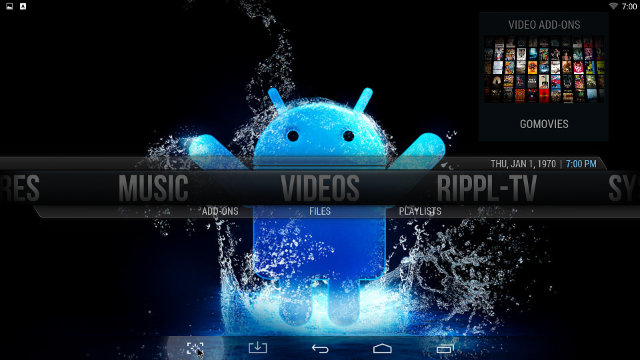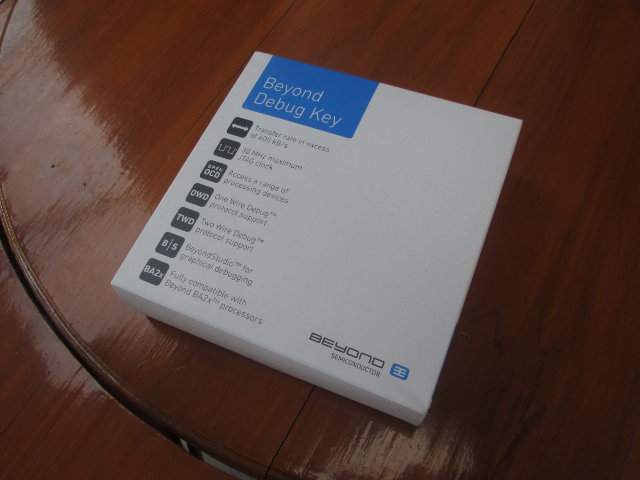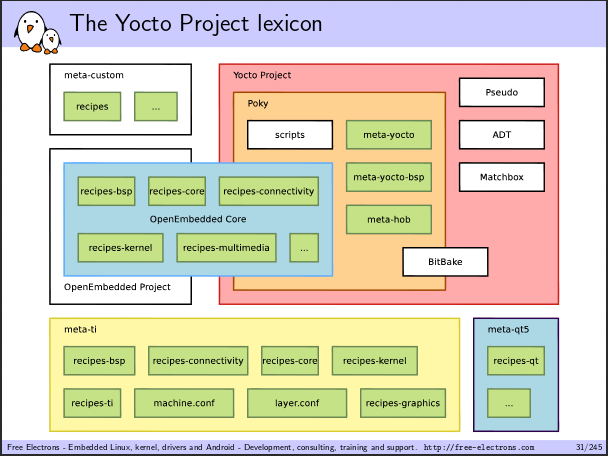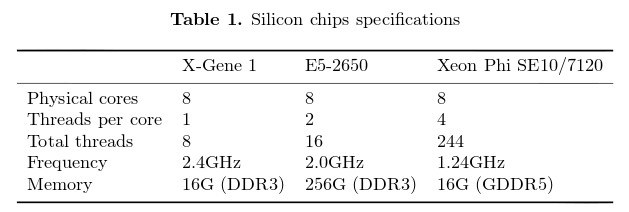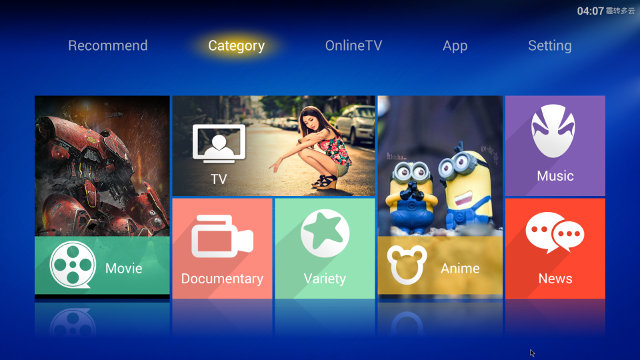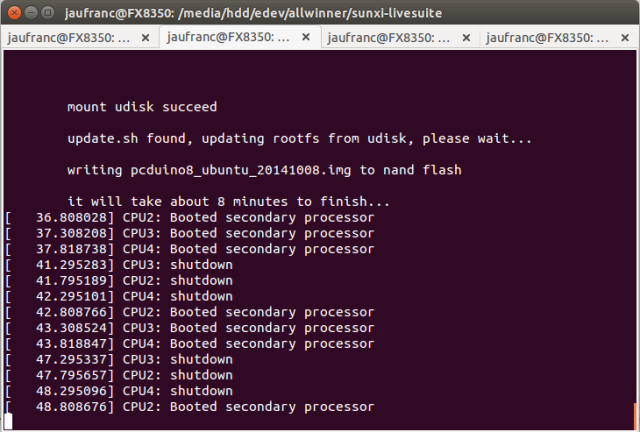Tronsmart Draco AW80 (click for full specs) is the first octa core Android TV box / mini PC thanks to Allwinner A80 processor. Draco AW80 Meta model comes with 2GB RAM / 16GB eMMC, and the upcoming Draco AW80 Telos will feature 4GB RAM and a 32GB eMMC. Geekbuying sent me the Meta version for review, and since I’ve already posted pictures of the device and board, today I’ll post my findings after testing the unit. First Boot, Settings and First Impressions I’ve inserted two AAA batteries in the provided remote control, and it works as expect, but as usual, I’ve used Mele F10 Deluxe air mouse to control the device during my testing, since it’s impossible to use most apps with an IR remote control, XBMC/Kodi being one exception. I’ve connected an HDMI cable, a USB 3.0 hard drive to the USB 3.0 OTG port of the TV box, […]
Review of Rippl-TV Android XBMC TV Box
Rippl-TV is an Android TV box based on an update revision of Eny Techology/Shenzhen Tomato M8 (square) TV Box with an Amlogic S802 quad core processor, but featuring a different firmware with an alledgedly customized Android 4.4 OS called utilOS, and a launcher based on XBMC also called Rippl-TV. I’ve already written an unboxing post, including pictures of the board, so today I’l focus on the full review, and compare the performance to the original M8, as well as a closer look at the new user interface. First Boot, Settings and First Impressions Rippl-TV comes with an IR remote, and as long as your stay in XBMC and play videos, it’s fine, but as this type of remote is usable with most Android apps, I used Mele F10 Deluxe air mouse instead to control the device. I’ve connected an Ethernet cable, an HDMI cable, a USB hard drive, and a […]
Beyond Debug Key Enables JTAG & UART Debugging, Supports OpenOCD
Beyond Semiconductor, a fabless semiconductor company based in Slovenia which develops their own 32-bit BA2x IP cores, has sent me one of their development tool, namely Beyond Debug Key supporting JTAG and UART interfaces either with BeyondStudio for the company’s BA2x processor, or the open source suite OpenOCD for other processors. Since I don’t have any Beyond Semi boards, I instead configured it, and quickly tried it with Atmel SAMA5D3 Xplained ARM Cortex A5 development board, and OpenOCD (Open On-Chip Debugger). The debug tool comes in the package above describing the key features of the kit: Performance Transfer rate in excess of 600 kB/s 30 MHz maximum JTAG clock Less than 20 μW power draw from target board Compatibility Fully compatible with Beyond BA2x processor family Access any 8-bit, 16-bit, 32-bit or 64-bit processors via JTAG Works with all JTAG compliant devices Software Support OpenOCD for access to a range […]
Free Electrons Publishes Yocto & OpenEmbedded Training Materials
Free Electrons is a small (9 people) engineering company focusing on embedded Linux / Android, and open source software, which also happens to have ported several ARM SoC to the mainline kernel. From time to time, they also offer training sessions, and release course materials publicly. Their latest training is a 3-day course dealing with the Yocto Project and OpenEmbedded, using BeagbleBone Black development board for lab sessions, and all materials have been released under a Creative Commons license. The training consists in: Understanding the Yocto Project Using it to build a root filesystem and run it on your target Writing and extending recipes Creating layers Integrating your board in a BSP Creating custom images Application development with an Eclipse SDK Three files are released: yocto-slides.pdf – Yocto Project and OpenEmbedded Training presentation slides (245 pages) give an overview of various build systems, before getting more details about the Yocto […]
Linaro 14.10 Release with Kernel 3.17 and Android 4.4.4, Debian ARM64 Port Almost Complete
Linaro 14.10 has just been released with Linux kernel 3.17 (baseline), Linux 3.10.54 & 3.14.19 (LSK, same versions as last month), and Android 4.4.2 & 4.4.4. Most of the work is a continuation of previous months working member hardware, and ARM64, but one particularly interesting point is that 90% of Debian packages have been built for ARM64, and the next version of Debian should have an official ARM64 port. Here are the highlights of this release: Linux Linaro 3.17-2014.10 updated linaro-android topic. In particular, CONFIG_IPV6=y is no longer the requirement for linux-linaro tree builds GATOR version 5.19 (same version as in 2014.08 release). gatord is fixed to build for ARMv8. dropped multi_pmu_v2 topic by ARM LT (no longer used) updated topic from Qualcomm LT (include IFC6410 board support) replaced integration-linaro-vexpress topic by integration-linaro-vexpress64. Starting from 2014.10 release, linux-linaro kernel tree will use the mainline support for 32-bit vexpress boards. integration-linaro-vexpress64 […]
Applied Micro X-Gene (64-bit ARM) vs Intel Xeon (64-bit x86) Performance and Power Usage
A group of researcher at CERN have evaluated Applied Micro X-Gene 1 64-bit ARM XC-1 development board against Intel Xeon E5-2650 and Xeon Phi SE10/7120 systems, and one of them, David Abdurachmanov, presented their findings at ACAT’ 14 conference (Advanced Computing and Analysis Techniques) by listing some of the issues they had to port their software to 64-bit ARM, and performance efficiency of the three systems for data processing of High Energy Physics (HEP) experiments like those at the Large Hadron Collider (LHC), where performance-per-watt is important, as computing systems may scale to several hundred thousands cores. Intel Xeon Phi platform based on Many Integrated Cores (MIC) computer architecture was launched the HPC market, and contrary to the table above features 61 physical cores. Applied X-Gene 1 (40nm process) was used instead of X-Gene 2 built on 28-nm process which was not available at the time. The ARM platform ran […]
Patched Android 4.4 SDK Supports Beelink R89 & Hotack T031 Boards
The first batch Tronsmart Orion R28 Pro/Meta Android TV boxes where ships with a micro SD card loaded with Android 4.4 SDK, so I tried it myself, and posted instructions to build an RK3288 Android image, but when I flashed the image to my device, I quickly realized it was an older firmware (106k4), so the SDK would not be so useful, since all the recent bug fixes were not included. Luckily, more recent Android 4.4 SDK were released or leaked, and naobsd decided to port it to Hotack T031 and Beelink/Netxeon R89 boards that are found in many RK3288 Android TV boxes. Since he does not own any devices based on Netxeon R89, he asked me to try, and I did so on Tronsmart Orion R28 Meta. Bear in mind these are images built from a patched SDK, so not everything may work, there’s no Google Play Store, and […]
Updated Android 4.4 Beta and Ubuntu Images for pcDuino8 / A80 OptimusBoard Boards Released
pcDuino8 and A80 OptimusBoard are the only two Allwinner A80 development boards currently “somewhat” available, and albeit the PCB color is different, every else is basically identical, and pcDuino8 firmware should probably run on A80 OptimusBoard and vice versa. If you own any of these boards, you may interested in two images, one with Android 4.4 (beta), and one with Lubuntu, recently released by pcDuino / Linksprite. Android 4.4 (beta) 2014-10-08 – sun9iw1p1_android_optimus.img to be flashed with PhoenixCard (Windows) or Livesuit (Linux) Lubuntu 14.04? 2014-10-08 is comprised of two files: Kernel – pcduino8_kernel_livesuit_20141008.img to be flashed with PhoenixCard or Livesuit first. See instructions to use Livesuit with A80 OptimusBoard. Rootfs – pcduino8_ubuntu_20141008.rar. First extract the rar files to the root of an SD card or USB flash drive. There should be two files: pcduino8_ubuntu_20141008.img and update.sh. Now connect the mass storage device to pcDuino3 / A80 Optimusboard, and reboot the […]



